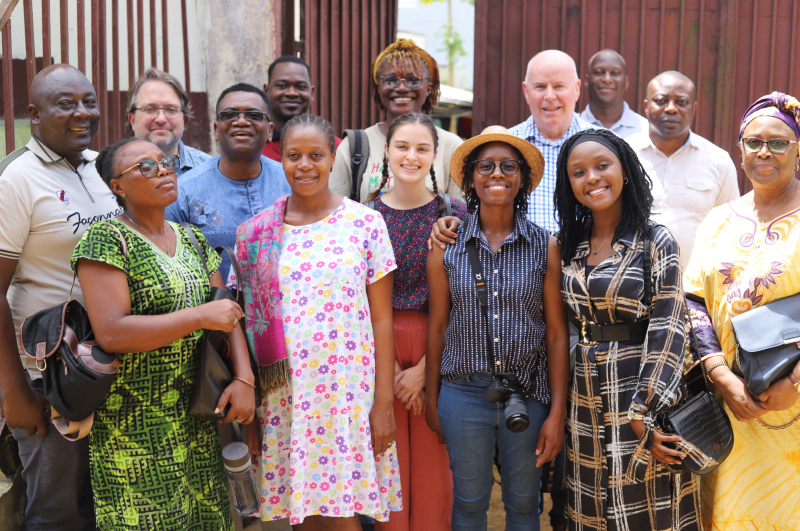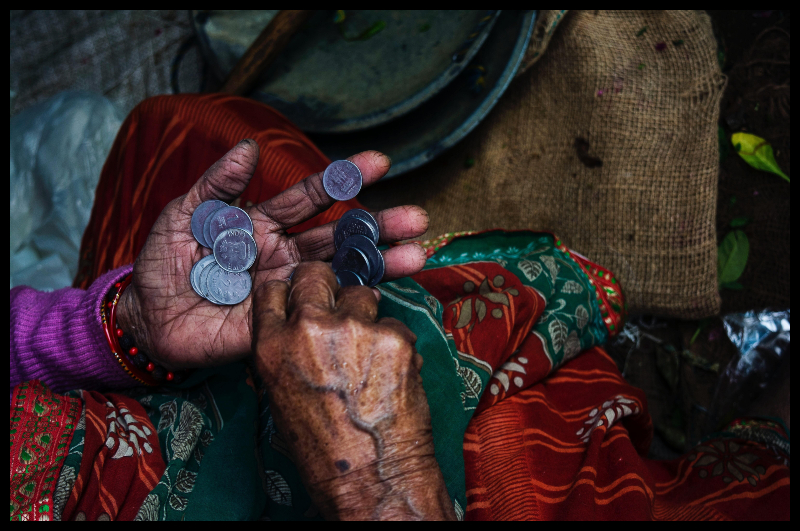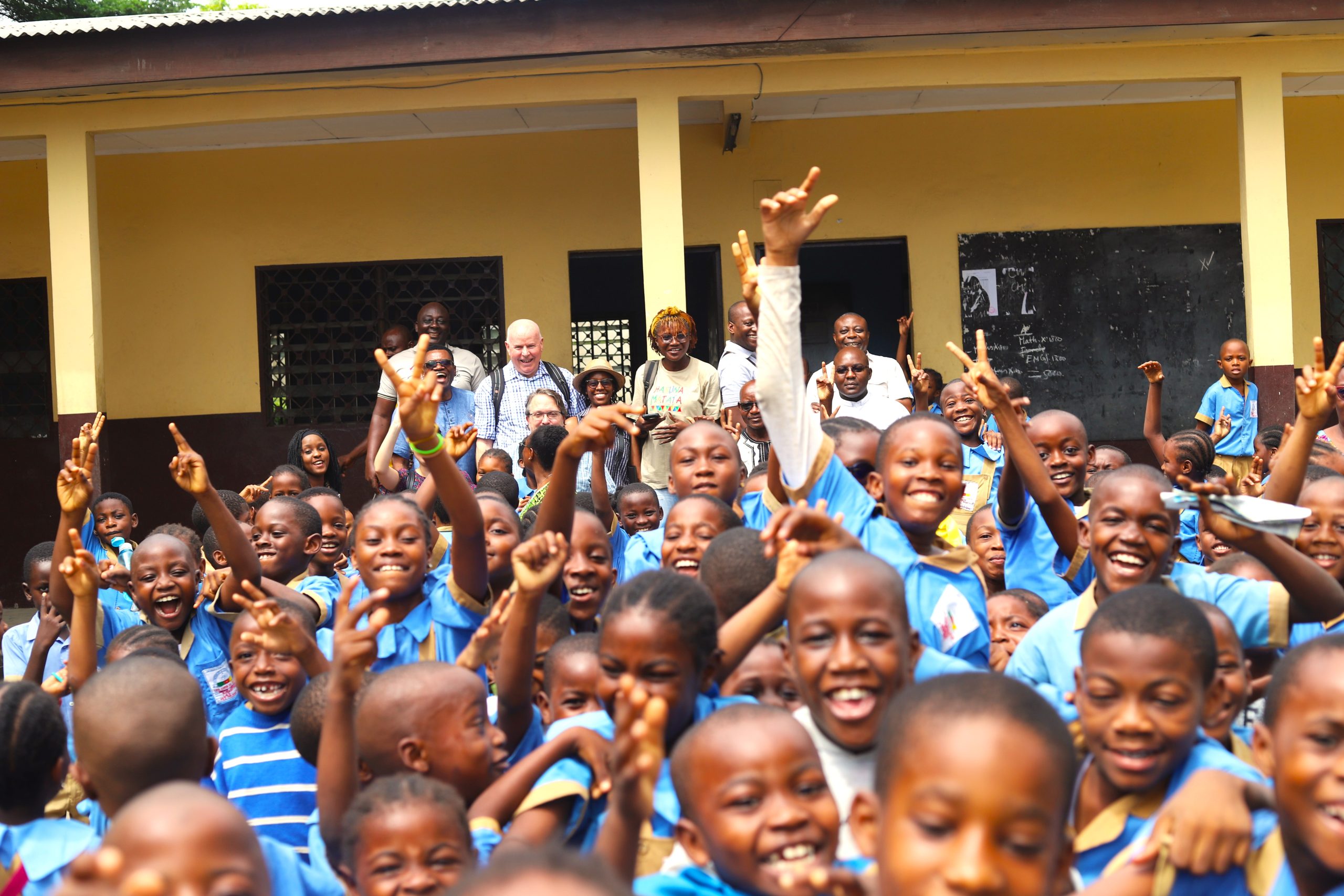

October 16-19, the Jesuit Development Officers of Africa and Madagascar (JEDOAM) held their annual meeting at the Jesuit West Africa Province in Douala, Cameroon.
The meeting brought together Jesuits and Partners in mission-lay professionals working in the provinces' Offices' of Development and Communications. Four provinces were represented by the following participants: Ms. Agatha Chidera Nwile (ANW), Ms. Anne-Sophie Lumineau ( a development volunteer at AOC), Ms. Nzuzi Mavinga Bénédicte (ACE), Ms. Berline Tiwa (AOC), Mr. Martin Kudakwashe Matambo (SAP); (Frs) Kevin Ogbeche Odey, SJ (ANW), Charlesworth Matthew, SJ (SAP), Rumb Musans Pascal, SJ (ACE), and Victor Tito, SJ (AOC). Also in attendance were: From JCAM Development Office, Fr. Paul Christophe Hamill, SJ, and JCAM Communications, Ms. Anastasia Makunu.
This year's meeting unraveled in content and prayer differently from the previous ones, yet, with similarities like sharing from the four provinces present. The two groups stayed in a larger group for most of the sessions, with small integrated groups that were weaved together with a focus on development and communications as part of the same mission rather than as a separate entity. Though the two may be deemed distinct in function, the two have similarities and when brought together can only be effective if collaboration for the mission becomes the center of their work.
As a group participants guided by Fr. Paul Hamill, SJ looked at the recently circulated De Statu Societatis Iesu and also the Statutes on Religious Poverty in the Society. In the De Statu Societatis Iesu Father General explores the significance of creating good networks of relationships with benefactors locally even when increasing secularization adds to the difficulty of obtaining resources for the life-mission of the Society. Why? Because our needs are real and growing, we have a clear directive that is not new, this too is an instrument of evangelization and that partnership/community are realities we should develop. This could be furthered through partnerships with others in the provinces/region, strategic events, and collaboration in mission with faith at the center of life.
In small groups participants explored the aspect of mixed results for development offices as highlighted by Father General in the De Statu Societatis Iesu, the idea of networking, how the various offices are experiencing the impact of communications technologies like Artificial Intelligence, the role of research in development and communications, best practices of good communications among members in the various apostolates, and significantly the collaboration with young people/ or young Jesuits immersed in the digital culture ‘Digital natives’ to develop and make use of advantageous trends that emerge from that culture.
On communications, Ms. Anastasia Makunu presented the impact of digital storytelling for impact. In a world where cultures, be it work, or social are constantly being disrupted, storytelling still remains a central tool to connect, inspire and invite others in. From the beginning of human civilisation, stories have always been the most effective form of communicating the emotions of a human being - stories engage the reader or the hearer on a neural level in a way appealing to them and by including storytelling in the work of development and communications apostolates can appeal to diverse groups of people and call them to action, whether in form of donation or even giving in prayer to those who continue to advance the mission of the Society of Jesus.
Her presentation also explored new technological trends, specifically Artificial Intelligence and its numerous advantages to enhance efficiencies, improve outreach to benefactors, volunteers and beneficiaries and streamline projects or administrative functions. She emphasised Artificial Intelligence (AI) applications for data processing and visualization - basically, the tools that can smoothly scheme through extensive data, extract insights and highlight them in user-friendly formats. Also on AI tools for predictive analysis - the use of algorithms to analyze trends and forecast outcomes - say if running a specific development campaign in order to set realistic development/fundraising goals or if running a communications social media campaign to draw awareness and amplify the call to action. These are powerful tools for programme managers/officers/coordinators to help instigate a focus on building relationships with benefactors as the De Statu Societatis Iesu suggests rather than just administrative tasks.
However, emerging conversations on some of the ethical issues surrounding new technological trends or developments also came up from the participants, with questions like, “Are there ethical guidelines from the Society of Jesus on the use of AI?” “How far is too far?” among others. In response to these and other questions, the consensus was that AI comes with its risks like any new technology. Data privacy, cybersecurity and ethical use concerns are critical issues that any orginisation and individuals should be aware of. As cyber-attacks continue to evolve and become more sophisticated, it is paramount to make use of complex cyber security solutions to alleviate cyber attacks. Data protection of the organisation and its assets against cyber attacks is urgent by ensuring network security solutions are designed to identify these cyber threats before they take root and block them. The good news, however, is that risks from emerging technologies like AI can be addressed as some key players in the market are ahead in developing solutions that prioritize the responsible use of AI. In conclusion, the future will undoubtedly be shaped by AI - it is up to individuals to ensure adoption that is responsible with a good understanding of the good and the bad in order to better use the good to influence and serve society as a force of good.
A presentation by Fr. Kevin Odey, SJ on the best practices in fundraising on how to increase and maintain networks highlighted the significance of getting trained personnel involved in projects before soliciting funds “If only one person carries the project, then there is a risk that it will not last over time”. He further said that to succeed in changing the perception of a “rich” Society of Jesus that does not need money, there is a need for openness to the outside world - ensure that people know the Jesuits and their work for the right reasons like. He emphasised having collaborators involved in the mission, learning the Ignatian pedagogy, and accompanying others so that they can find their way on their own. He also indicated that having a Provincial day, open to all in simplicity to make the mission and works known is fundamental as this creates an opportunity to listen to people, and by giving them time one day they will perhaps be able to give it back.
Though there was much work to be done, on Thursday 19th, the last day of the meeting, the AOC province organising team treated participants to a tour of the various Jesuit works in Douala, with visits to Bonamoussadi - where participants visited the Parish of Our Lady of the Annunciation of Bonamoussadi (the Parish cave in "Notre Dame de l’Annonciation" in Bonamoussadi, the interior of the Church and St Ignace building (CEFOPROMAF, St Louis, JRS, chapel, the presbytery, and the oratory. Afterward a visit to the Friends of Jesus school annex in Bonangang (the classrooms and Chapel). Visits were also made to the House of St. Martha’s Home which was started in 2021 by JRS USA and Alboan in collaboration with Caritas and the Jesuit Parish Our Lady of the Annunciation in Bonamoussadi. The home offers psychosocial and livelihood activities supporting young women forcibly displaced by protracted conflicts in the northern and southwest regions of Cameroon. It also assists with their educational, social, and economic reintegration. Participants had mass afterward at the Spiritual Center in Bonamoussadi, followed by dinner later that evening at Collège Libermann (in Akwa).
Related Articles

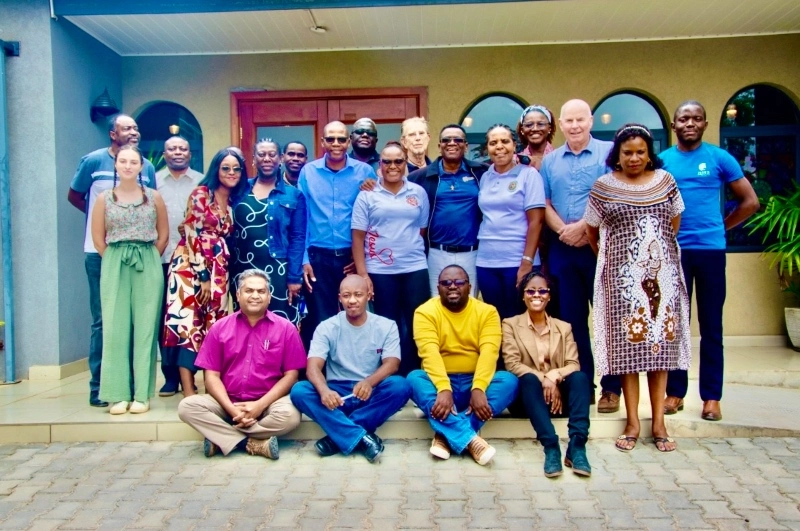

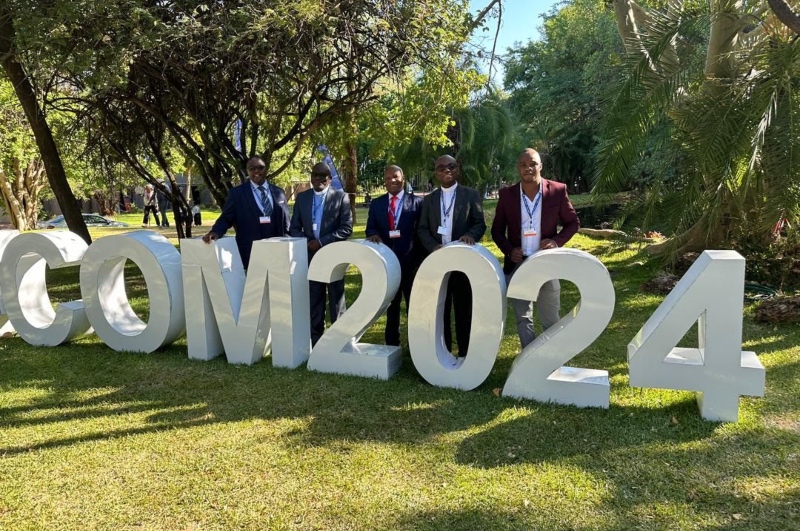


Select Payment Method
Pay by bank transfer
If you wish to make a donation by direct bank transfer please contact Fr Paul Hamill SJ treasurer@jesuits.africa. Fr Paul will get in touch with you about the best method of transfer for you and share account details with you. Donations can be one-off gifts or of any frequency; for example, you might wish to become a regular monthly donor of small amounts; that sort of reliable income can allow for very welcome forward planning in the development of the Society’s works in Africa and Madagascar.
Often it is easier to send a donation to an office within your own country and Fr Paul can advise on how that might be done. In some countries this kind of giving can also be recognised for tax relief and the necessary receipts will be issued.


